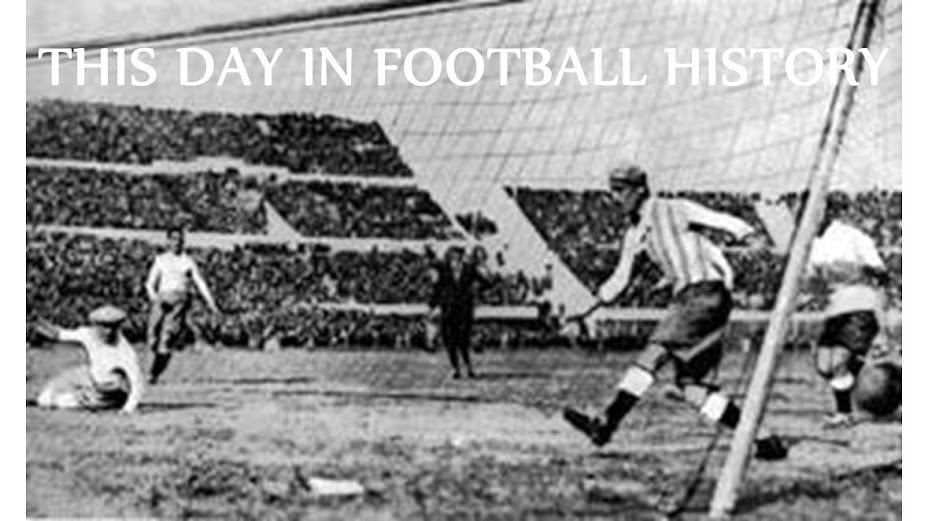 On 30 April 2006, Reading concluded the Championship season by beating QPR 2-1 at the Madejski Stadium before a crowd of 23,156. The win gave Reading a total of 106 points for the season, setting an English Football League record.
On 30 April 2006, Reading concluded the Championship season by beating QPR 2-1 at the Madejski Stadium before a crowd of 23,156. The win gave Reading a total of 106 points for the season, setting an English Football League record.It was a fitting end to an amazing season for the Royals, who suffered only two League losses all year - at home to Plymouth Argyle in the season opener and away to Luton Town on 17 February. The remainder of their matches consisted of 28 wins and 16 draws, setting a record pace that saw them take the table's top spot on 22 November and keep it through the end of the season.
Reading's Dave Kitson gave his side the lead against QPR, tapping the ball into the net in the 40th minute. The visitors found a late equalizer from Paul Furlong in the 72nd minute, before Reading captain Graeme Murty clinched the victory with an 84th-minute penalty kick. It was the first goal of the season and only his second ever in 280 appearances for the Royals.
The win pushed Reading to 106 points, one past the previous points record of 105 set by Sunderland in the 1998-99 season. Reading moved into the Premier League for the following season, where they finished in eighth place - their highest finish ever - before getting relegated back to the Championship at the end of the 2007-08 season.
























